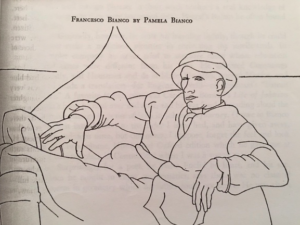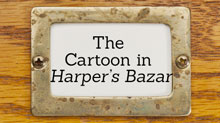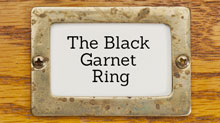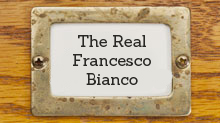 In the first year of its existence, The Literary Review, a publication of Farleigh Dickinson University, published a tribute to Francesco Bianco. It was 1957, eleven years after Francesco’s death, and it was written by a close friend, Charles Norman. In all my research, this is the only piece on Francesco I came across. Although he is mentioned in a various articles, he is always a figure lurking in the background—all the stories focus on either his wife or his daughter.
In the first year of its existence, The Literary Review, a publication of Farleigh Dickinson University, published a tribute to Francesco Bianco. It was 1957, eleven years after Francesco’s death, and it was written by a close friend, Charles Norman. In all my research, this is the only piece on Francesco I came across. Although he is mentioned in a various articles, he is always a figure lurking in the background—all the stories focus on either his wife or his daughter.
I realize now how ironic this is. Neither Margery nor Pamela would, by nature, have sought attention, yet they were the famous ones. Francesco, however, was quite comfortable in the limelight.
Charles Norman recounts a few facts about the early life of Francesco: He was born in Turin in 1878, attended the University of Turin and then traveled to England where he apprenticed at Zaehnsdorf’s, a renowned book binder and book dealer. It wasn’t until the 1930’s that Norman met Francesco, who was then living with his family on Grove Street in New York City.
Here are some observations of Francesco from a man who was once part of the Biancos’ inner social circle –
His appearance:
He “was short and spare with a neat figure. He had blue eyes and sandy hair which had once been bright red.” He had a “luminous and intellectual quality in his face.”
His intellect:
“He had a ready wit…. But when he was fairly launched there was no stopping him, and it was sometimes a question whether his eyes were flashing indignation at an opponent’s stupidity or triumph at his own feats of demolition.”
“He was an accomplished linguist.”
“He belonged…to a club where all business was transacted in Latin.”
“He made a translation—for Eugene O’Neill—of Rimbaud’s ‘Bateau Ivre.”
“Surprisingly for a poet, he knew Euclid by heart and …there was no classical theorem in geometry which [he] could not prove.”
Other personal qualities:
“He was…a skillful chess and card player with—I fear—a tendency to crow over his victories.
“For men as well as women he had that almost extinct social grace with confers on a person just met not only warmth of welcome but interest in his or her concerns.”
“His letters were…written in a beautiful script like copperplate engraving.”
“And he could cook. A world of vanished delights is compressed in these four words. He cooked without fuss—with his left hand, as it were; and intricate, aromatic dishes appeared without a break in the conversation.”
The article ends with a line from Ezra Pound:
“They will come no more, the old men with beautiful manners.”
It is not too difficult to see why Margery and Pamela loved him so.





